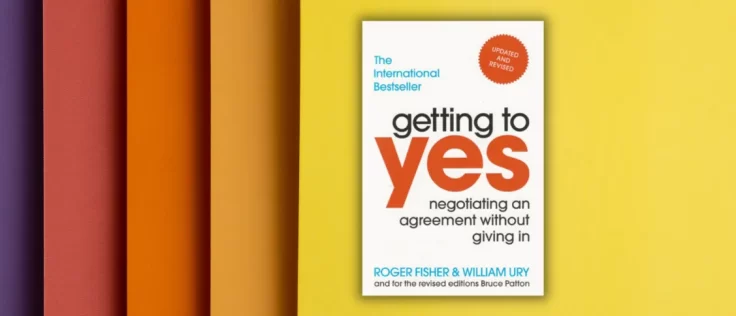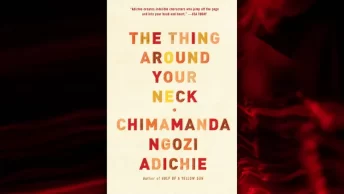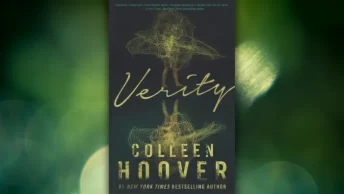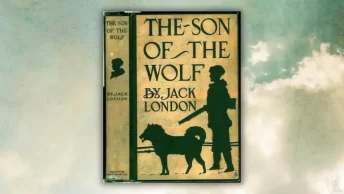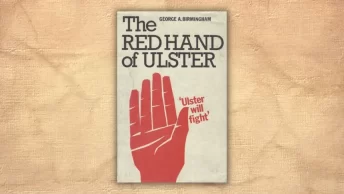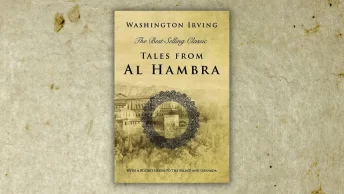Getting to Yes: Negotiating Agreement Without Giving In PDF is a classic best-selling book written by Harvard negotiation project founders Roger Fisher and William Ury. First published in 1981, it has since sold over five million copies worldwide and has been translated into 28 languages.
The book explores the importance of negotiation in all aspects of life and seeks to provide an approachable and practical method for successful negotiations. Through the book, Fisher and Ury present a framework that prioritizes mutual understanding, creative problem-solving, and effective communication as the core components of successful negotiation.
Getting to Yes has been often praised by experts and readers alike for its clear and concise language, thoughtful advice, and useful examples. It has been recommended by business consultants, lawyers, professional mediators, and countless others in the field of negotiation. The book is available in several formats including print, ebook, audiobook, and Kindle.
Table of Contents
Getting to Yes Summary
The book starts off by introducing the concept of principled negotiation. It encourages readers to move away from positional bargaining, which is an adversarial approach with a focus on win-lose outcomes. Instead, it focuses on problem-solving negotiations where parties are encouraged to come up with creative solutions that benefit both sides.
At the heart of this book is the idea that negotiations should be based on interests, not positions. The authors explain how positional bargaining can lead to an unsatisfactory outcome for both parties, as it does not address the underlying concerns and interests. They suggest looking at a negotiation from each party’s perspective to better understand their needs and wants. This is the core concept of “principled negotiation” – negotiating based on interests and not positions.
The authors also outline four basic guidelines for successful negotiations: (1) Separate the people from the problem; (2) Focus on interests, not positions; (3) Generate a variety of possibilities before deciding what to do; and (4) Insist on using objective criteria.
Details of Getting to Yes Book
| Book | Getting to Yes |
| Author | Roger Fisher and William Ury |
| Original language | English |
| Originally published | 1981 |
| Category | Fiction, Self-help book |
| Publisher | Houghton Mifflin |
| Total Pages | 200 |
| Format | PDF, ePub |
Multiple Languages Editions of Getting to Yes Book
Getting to Yes book has been translated into more than 30 languages worldwide, to reach a larger audience. The book has been translated into French, Spanish, German, Italian, Dutch, Russian, Japanese, and Chinese among other languages.
| Book Editions | Check Now |
|---|---|
| English | Check Price |
| French | Check Price |
| Spanish | Check Price |
| Hindi | Check Price |
| Chinese | Check Price |
| Japanese | Check Price |
About the Author
Roger Fisher and William Ury are the authors of the book “Getting to Yes.” They both have a background in law and negotiation, and they sought to provide readers with tools that they could use to help them achieve successful negotiations.
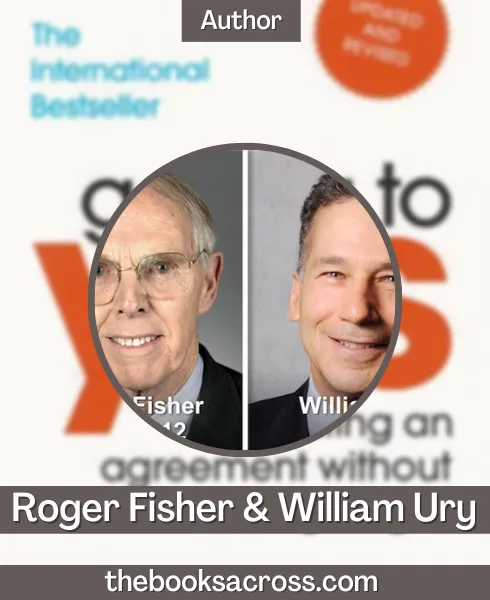
Roger Fisher is an American lawyer, author on the subject of dispute resolution, and professor at Harvard Law School. He has written extensively on negotiation and conflict resolution, including his best-selling book “Getting to Yes” which he co-authored with William Ury. His work in the field has earned him numerous awards and accolades from peers and organizations around the world.
William Ury is an American lawyer, master negotiator, and professor at Harvard Law School. He became widely known for his work in the negotiation field, including his book “Getting to Yes” which he co-authored with Roger Fisher. And he has been credited as one of the pioneers of modern-day negotiation and conflict resolution theory. He is a renowned speaker and consultant on the subject, having given talks around the globe.
In “Getting to Yes,” Fisher and Ury introduce the concepts of “principled negotiation”, which they define as a process of negotiating agreements that are fair to both parties and based on mutually accepted principles.
Getting to Yes PDF Free Download
Click on the download button below to get a pdf file of the Getting to Yes book.
Similar Books to Getting to Yes Book
- The Power of a Positive No: How to Say No and Still Get to Yes by William Ury
- Difficult Conversations: How to Discuss What Matters Most by Douglas Stone, Bruce Patton, and Sheila Heen
- Negotiation Genius: How to Overcome Obstacles and Achieve Brilliant Results at the Bargaining Table and Beyond by Deepak Malhotra and Max Bazerman
- The Five Dysfunctions of a Team by Patrick Lencioni
- Getting to Resolution: Turning Conflict into Collaboration by Stewart Levine
- Difficult Conversations for Dummies by Douglas Stone, Bruce Patton, and Sheila Heen
- The Art of Negotiation: How to Improvise Agreement in a Chaotic World by Michael Wheeler
- The Leadership Challenge: How to Make Extraordinary Things Happen in Organizations by James Kouzes and Barry Posner
- Crucial Conversations: Tools for Talking When Stakes Are High by Kerry Patterson, Joseph Grenny, Ron McMillan, and Al Switzler
FAQs(Frequently Asked Questions)
What is the book Getting to Yes about?
The book Getting to Yes: Negotiating Agreement Without Giving In by Roger Fisher and William Ury is an essential guide for anyone interested in mastering the art of negotiation.
How long does it take to read the Getting to Yes pdf?
It is a relatively short book of around 200 pages and can be read in as little as 5-6 hours.
What topics does Getting to Yes cover?
The book covers a range of topics related to the art of negotiation and forming successful agreements.
Is Getting to Yes book worth reading?
Yes, the book is worth reading. It provides an in-depth look at the principles of negotiation and how to apply them to various situations.
Who is the target audience of the Getting to Yes book?
Getting to Yes is suitable for anyone interested in learning the art of negotiation, whether they are a beginner or experienced negotiator.

